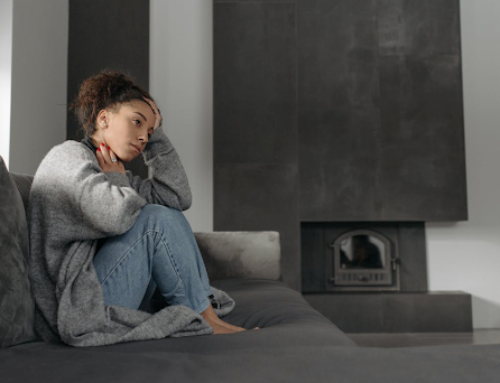
The nasal septum is the thin bone and cartilage that runs between your two nostrils. A “normal” septum runs straight up and down, making your nasal cavities an equal size. However, those with a deviated septum have uneven nasal passages.
About 80% of Americans have a deviated septum, but most of them do not suffer any negative effects. If you experience the following symptoms, it may be a good idea to consider deviated septum surgery in Los Angeles, also called septoplasty.
Nasal blockage is the main sign that you have a deviated septum. A blocked nasal passage will keep you from breathing properly when you’re at your healthiest, and it feels even worse when you are suffering from the cold or flu. Usually, the body routinely switches when nasal passage is congested, and if you have a deviated septum, you’ll take notice of this more than the average person. You may find it much harder to breathe when your larger passage is congested.
Many people suffer from sinus issues from time to time, but someone with a deviated septum may frequently come down with sinusitis, also known as a sinus infection. A sinus infection occurs when excess mucus builds up in the sinuses, causing them to get inflamed and infected. A sinus infection is marked by discolored mucus, facial pain, postnasal drip, headaches, and earaches. Sinusitis that occurs for over 12 weeks at a time is officially labeled as chronic sinusitis.
Frequent nosebleeds are another sign that you may have a deviated septum that requires surgery. Your nasal passages have blood vessels located very close to the surface of your skin. Those with a deviated septum often struggle to breathe, and inhaling harder may straight your nasal passages, causing the skin to dry and crack. This can cause a nosebleed. These nosebleeds may also occur during bouts of your chronic sinusitis. If you are experiencing a nose bleed, ENT specialists recommend that you lean forward and pinch your nose to avoid letting the blood run down your throat.
The final symptom we will discuss is often the most unbearable: difficulty sleeping. A blocked nasal passage may make it difficult to sleep. You may also snore at night or experience sleep apnea, a disorder when you momentarily stop breathing during sleep, often jolting yourself awake. This can lead to daytime drowsiness, which can be very serious if you drive or operate dangerous machinery.
If you have a deviated septum, you can visit a sinus doctor in Los Angeles to perform septoplasty. If this condition is affecting your health, septoplasty may be covered by your insurance, and Westside Sinus accepts most insurance plans. Contact our office so that one of our nasal specialists can examine your nose and see what is causing your discomfort.





